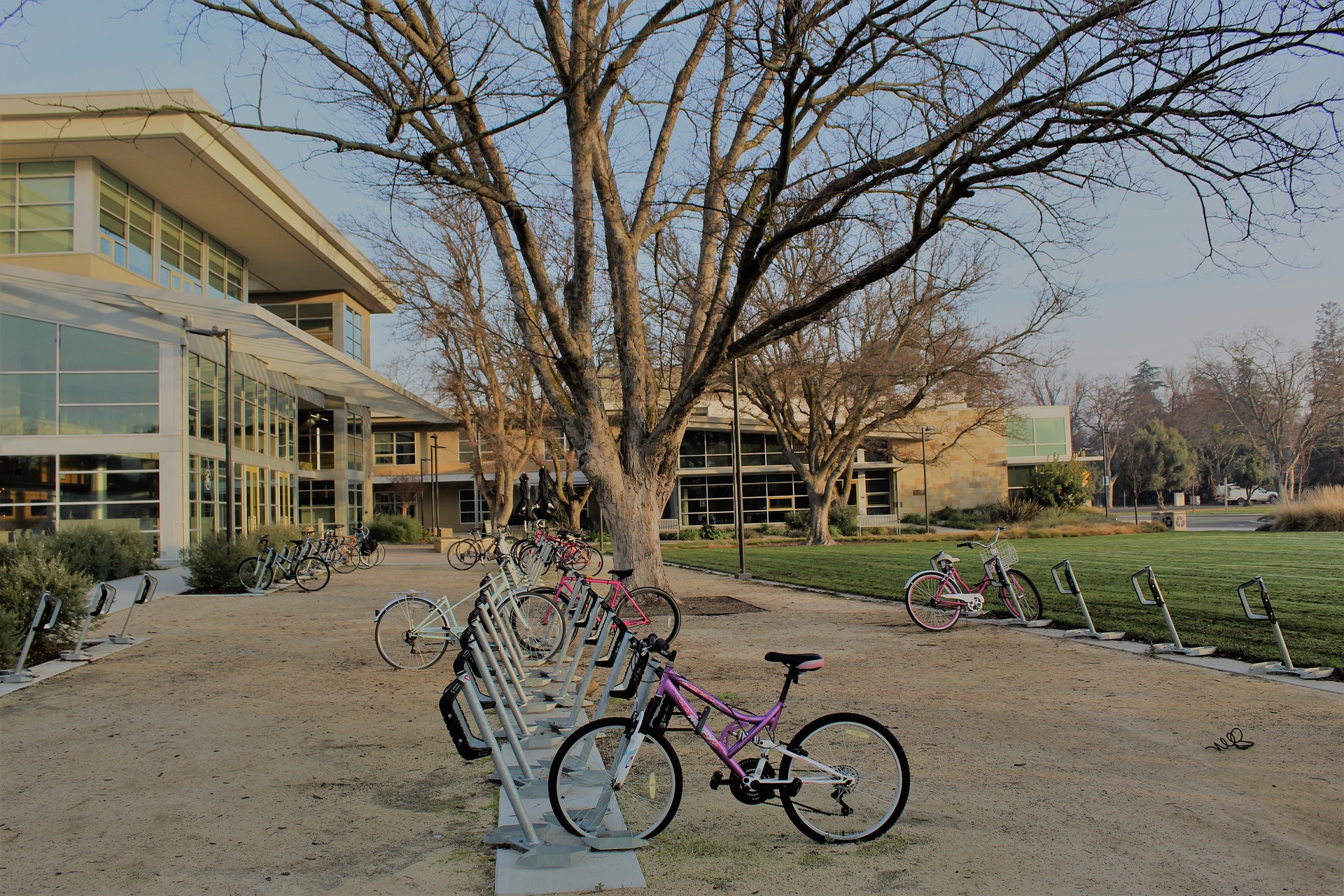Preparing for Interviews? Prep With Us Online!
College admissions interviews are a way to demonstrate interest, learn more about the school, and help the school learn more about you.
Colleges are now offering interviews online via various platforms. We are offering interview prep sessions via Zoom and Google Meet this summer and fall. Here’s a sampling of schools offering online interviews:
Babson
Bowdoin
Claremont McKenna
Dickinson
Grinnell
Hamilton
Haverford
Holy Cross
Lafayette
Providence College
Rochester
Skidmore
William & Mary
Some schools with informal online offerings:
Pomona (Zoom session with an AdCom to ask questions)
Richmond (Zoom session with an AdCom to ask questions)
Practice with a parent or friend, or practice with us! Never go to an interview unprepared! Learning how to interview if a skill for life, not just for the college process. Email us if you are interested in learning how to ace your online interview.
Below, you will find some common interview questions.
High School Experience
- Tell me a little bit about your high school experience and the courses you are taking currently
- Which class has been your least favorite? Why?
- Tell me about your favorite class(s) you have taken. Why was it your favorite?
- Which classes have been the most difficult (or most challenging)?
- What subjects do you plan on studying at [school]?
- How have you pursued this interest in school, and outside of school?
- What is your dream job?
Extracurricular Activities
- What extracurricular activities are you involved in?
- When you’re not in class, studying, or doing homework, what do you do with your time (organized activities or things for fun)?
- How did you get involved/started with ____ activity?
- Which activity is the most meaningful to you, and which one is the most fun?
- What extracurricular activities do you hope to continue in college?
- If you could only continue taking part in one EC, which one would it be and why?
College Expectations
- What type of environment are you looking for in a college/university?
- What matters most to you in a college setting?
School Specific
- How did you become interested in [school]?
- What do you find appealing about [school]?
- Why do you think you [school] might be the right fit for you?
- Do you know any students at [school]? Have you reached out to them to learn more about [school]?
- If you had an opportunity to tell the Admissions Committee anything about yourself, what would it be? What would you want the Admissions Committee to know about you that may not come across on your application?
- What have you learned about [school] that seems unusual or surprising?
Miscellaneous
- How have you spent your high school summers?
- How would your best friend describe you?
- How would your teachers describe you?
- If you had a year to do anything you want, what would it be and why?
- What are you currently reading?
- Is there anything we haven’t talked about that you wanted to discuss?
*Stay in the know! Subscribe*








